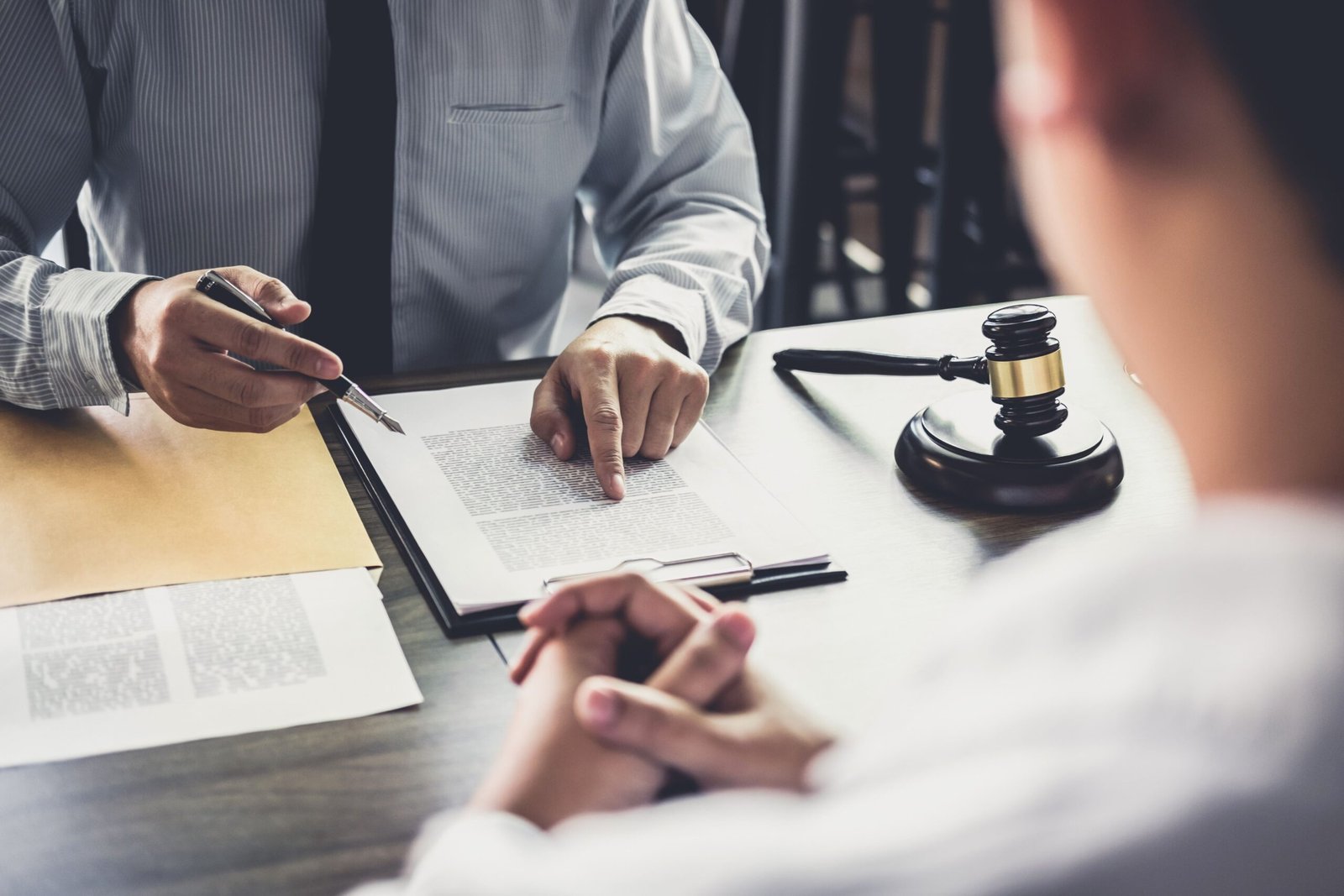In criminal cases, the evidence presented plays a crucial role in determining the outcome. Both the prosecution and defense rely on various forms of evidence to support their arguments. Challenging evidence effectively is a fundamental aspect of criminal defense, aiming to ensure that the evidence is credible, reliable, and legally obtained. This article explores strategies for challenging evidence in criminal cases, including methods for addressing procedural errors, questioning reliability, and handling expert witnesses.
Types of Evidence in Criminal Cases
Direct Evidence
Definition and Examples
- Direct Evidence: Direct evidence directly links the accused to the crime without the need for inference. Examples include eyewitness testimony, video footage, and confessions.
Circumstantial Evidence
Definition and Examples
- Circumstantial Evidence: This type of evidence requires inference to connect the dots between the evidence and the crime. Examples include fingerprints, DNA, and motive.
Strategies for Challenging Evidence
1. Procedural Errors
Identifying and Addressing Mistakes
- Illegal Search and Seizure: Evidence obtained through illegal searches or seizures can be challenged based on violations of constitutional rights. For example, if evidence was seized without a proper search warrant or probable cause, it may be excluded from the trial.
- Chain of Custody Issues: The chain of custody refers to the documentation and handling of evidence from the crime scene to the courtroom. Any breaks or inconsistencies in this chain can lead to challenges regarding the evidence’s authenticity and reliability.
2. Questioning Reliability

Evaluating the Credibility of Evidence
- Witness Credibility: The defense can challenge the credibility of witnesses by questioning their reliability, accuracy, and potential biases. For instance, inconsistencies in testimony or a witness’s history of dishonesty can weaken the prosecution’s case.
- Forensic Evidence: Forensic evidence, such as DNA or fingerprint analysis, can be challenged based on the accuracy of the testing methods and the qualifications of the experts involved. Discrepancies or errors in forensic analysis can cast doubt on the evidence’s reliability.
3. Expert Witness Challenges
Assessing the Validity of Expert Testimony
- Expert Qualifications: The defense can challenge an expert witness’s qualifications and credibility. If the expert lacks relevant credentials or experience, their testimony may be undermined.
- Methodology and Accuracy: Expert testimony often relies on specific methodologies and techniques. Challenging the validity of these methods or highlighting potential errors can weaken the expert’s conclusions and the overall evidence.
Procedural Considerations
Filing Motions to Exclude Evidence
Legal Procedures and Techniques
- Motion to Suppress: A motion to suppress is a formal request to exclude certain evidence from being presented in court, often due to illegal acquisition or procedural errors.
- Motion in Limine: This motion seeks to exclude specific evidence or limit its presentation to prevent undue prejudice or confusion during the trial.
Pre-Trial Discovery
Accessing and Reviewing Evidence
- Discovery Process: The discovery process allows both parties to access and review evidence before the trial. By thoroughly examining the evidence, the defense can identify potential issues or inconsistencies to challenge during the trial.
- Expert Consultations: Consulting with experts in relevant fields can provide additional insights into the evidence and support the defense’s strategy for challenging its validity.
Impact of Challenging Evidence
Strengthening the Defense Case
Potential Outcomes
- Increased Likelihood of Dismissal: Successfully challenging key evidence can lead to the dismissal of charges or a favorable verdict for the defense.
- Reduced Impact of Evidence: Even if the evidence is not excluded, undermining its credibility can reduce its impact on the jury and weaken the prosecution’s case.
Long-Term Effects
Legal and Personal Implications
- Impact on Sentencing: If the evidence challenges result in a conviction, the strength of the remaining evidence may affect sentencing decisions and potential appeals.
- Appeals and Post-Conviction Relief: Effective challenges to evidence can also be a basis for appeals or post-conviction relief if the initial trial results in a conviction.
Conclusion
Challenging evidence in criminal cases is a critical aspect of the defense strategy, involving the identification of procedural errors, questioning the reliability of evidence, and assessing the credibility of expert witnesses. By employing effective strategies to challenge evidence, the defense can strengthen its case, potentially lead to favorable outcomes, and ensure a fair trial. Understanding these strategies and their impact on the legal process is essential for anyone involved in criminal defense.









